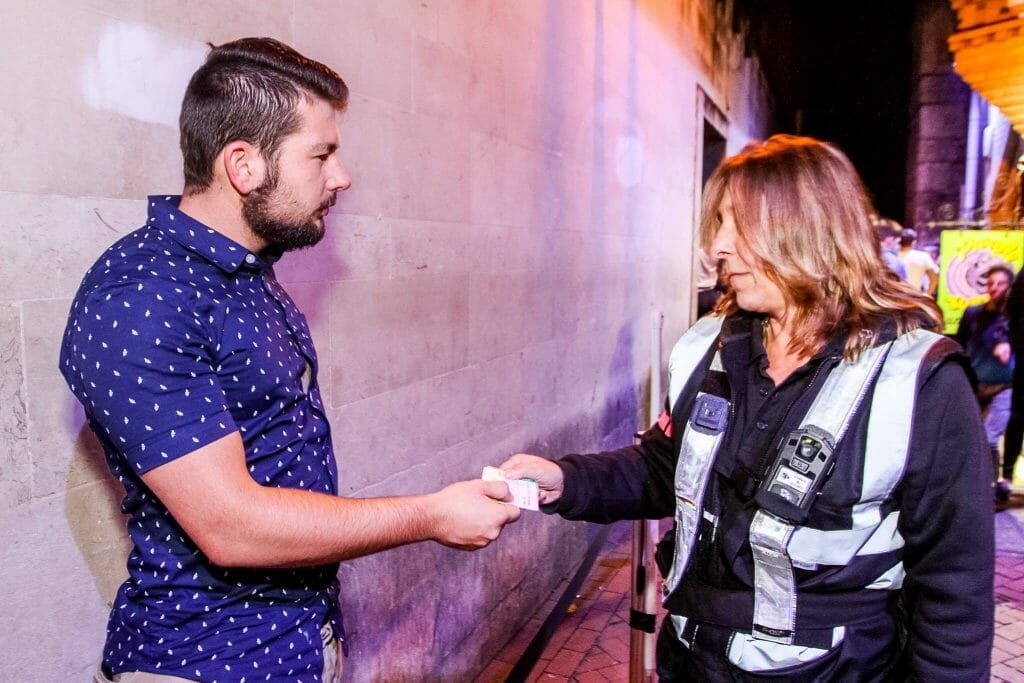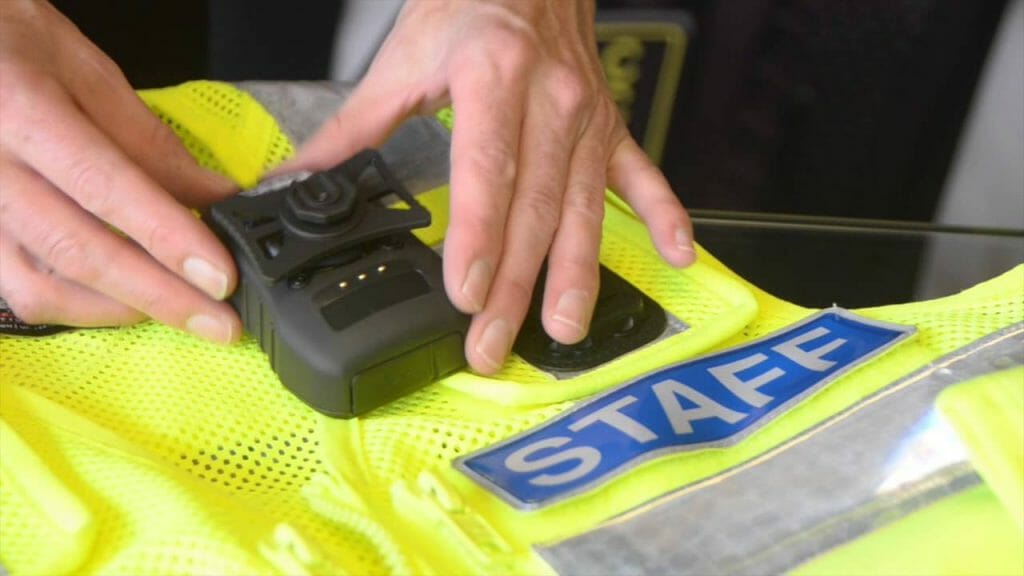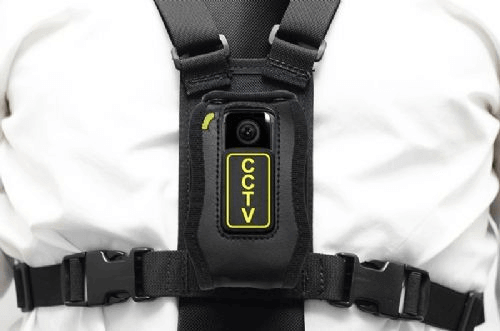Are body cameras the answer for Dublin’s doorstaff?
Body cameras are a popular piece of equipment for door staff all over mainland Britain, with their usage dating back to as early as 2014. In Ireland, however, their usage is rarer and the argument over whether or not they work to reduce violent behaviour continues to be a topic of discussion.

Like any issue regarding public safety or the infringement of privacy there has been heated debate, with many not wanting us to follow our neighbours further down the ‘surveillance state’ road. However, Irish Minister for Justice, Charles Flanagan, noted that the usage of body cameras ‘increases admissions and early guilty pleas’, and this led to the Gardaí being granted the permission to wear body cameras for the first time in 2019.
So, in light of the decision, is it time that we accepted the body camera and made it available for all of our door staff here in Dublin? In this article we weigh up why it might be a good idea for revelers, security teams and nightlife in general to adopt the bodycam.
So, how could equipping your members of staff with body cameras help to reduce crime in Dublin? When body cameras were first introduced in England, local authorities announced drastic drops in the level of drunk and disorderly conduct against staff members. Leicestershire reportedly saw a change of as much as 50 % in aggressive or violent actions towards security teams. Major cities across Britain including Glasgow, Wolverhampton and Oxford all have a council funded use of body cameras for members of door staff in their city centers.
Body cameras offer a much more intimate type of surveillance than the standard CCTV that is present in most town and city centers across Ireland. The ability of body cameras to accurately identify perpetrators of crime, even in low lighting situations, are much greater than that of traditional CCTV.
How are body cameras used?

Body cameras are only used to record instances when a significant event or incident occurs, or when a member of door staff feels threatened. There are a number of training protocols which surround the appropriate usage of bodycams, which allow for members of the public who are acting safely and appropriately to enjoy their night without feeling like they are being monitored.
Being filmed has a clear impact on the conduct of members of the public and also helps in situations where there are limited numbers of door staff. If body cameras act as an appropriate deterrent in crowd situations then they prove to be invaluable in the situation where a member of door staff is potentially most at risk. Situations where door staff feel most vulnerable are those where they are dealing with multiple people at any one time.
Another scenario where members of door staff can be compromised, according to members of security teams themselves, is when staff are forced to deal with members from the opposite gender. One of the main concerns of door staff is when a male member of staff needs to restrain a female member of the public. Sexual harassment and sexual assault have serious implications, and the audio and video recording can help to deal with any accusations in the most sensitive possible fashion.
The footage is not handled by members of the security team who use them, and the cameras are durable and cannot be tampered with. This keeps the footage honest, as it is only dealt with by an impartial member of staff. Any audio or footage taken serves as evidence. Should a security team wearing cameras deal with a situation inappropriately members of the public are safe in the knowledge that they can request the review of any material. Formerly members of the public may not have come forward with a complaint due to being intimidated or worried about the potential false testimony of staff members.

Because of this body cameras also work to hold members of security accountable for their conduct or actions. There have been a number of court cases in Dublin over the past decade regarding bouncer conduct, these could have seen a quicker and fairer conclusion had body cameras been deployed. When talking about the introduction of body cameras on door staff in Belfast, members of a security detail suggested that they considered their words and actions more carefully when the camera was in use.
Accountability is massively important for any employer too, and body cams give the chance for the employer to identify where their door staff can improve on their skills. Footage can be used in staff performance reviews in order to plan and determine how individual members of staff are currently performing. Footage might also be used in order to train new recruits on what to do or not to do when facing certain situations. Cameras can help prepare inexperienced staff members for what to expect and then serve as a chance to recreate situational training.
Conclusion In conclusion, the use of body cameras on door staff could work to reduce the amount of disorderly conduct in Dublin. The use of cameras promotes a level of transparency in how confrontational incidences are dealt with and offers security and safety to both members of the public and the door staff alike. In many instances the mere presence of a camera on a member of door staff can prevent or deter confrontation. In the aftermath of any incident both parties can be safe in the knowledge that if they acted appropriately that there will be sufficient evidence to prove such legally.
